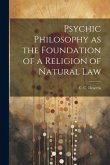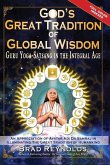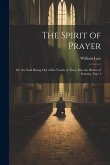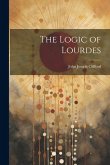"God the Known and God the Unknown" by Samuel Butler is a philosophical exploration of the nature of God and humanity's understanding of the divine. Published in 1909, Butler's work delves into the complexities of religious belief, questioning traditional notions of God while proposing a more nuanced and agnostic approach to spirituality. At the heart of the book is Butler's exploration of two distinct conceptions of God: "God the Known" and "God the Unknown." "God the Known" refers to the anthropomorphic deity of traditional religious doctrine, characterized by attributes such as omnipotence, omniscience, and moral judgment. Butler critically examines the limitations of this conception of God, challenging the anthropocentric assumptions and dogmatic assertions that underpin it. In contrast, "God the Unknown" represents a more abstract and elusive understanding of the divine, one that transcends human comprehension and defies simple categorization. Butler argues that the true nature of God lies beyond human understanding, existing beyond the confines of language, culture, and religious tradition. Throughout the book, Butler draws upon a wide range of philosophical and theological sources to support his arguments, including the works of ancient and modern thinkers such as Plato, Spinoza, and Nietzsche. He explores the evolution of religious belief throughout history, highlighting the diversity of human interpretations of the divine and the ways in which these interpretations have shaped human culture and society. One of the central themes of "God the Known and God the Unknown" is the idea of agnosticism as a philosophical stance. Butler suggests that humility and intellectual honesty require acknowledging the limitations of human knowledge and resisting the temptation to assert absolute truths about the nature of God or ultimate reality. Butler's writing is characterized by its clarity, wit, and intellectual rigor. He challenges readers to critically examine their own beliefs and assumptions about God, urging them to embrace uncertainty and ambiguity as essential elements of the spiritual journey. "God the Known and God the Unknown" remains a thought-provoking and relevant work in the field of philosophy of religion, offering readers a compelling exploration of the mysteries of faith and the enigma of the divine.






